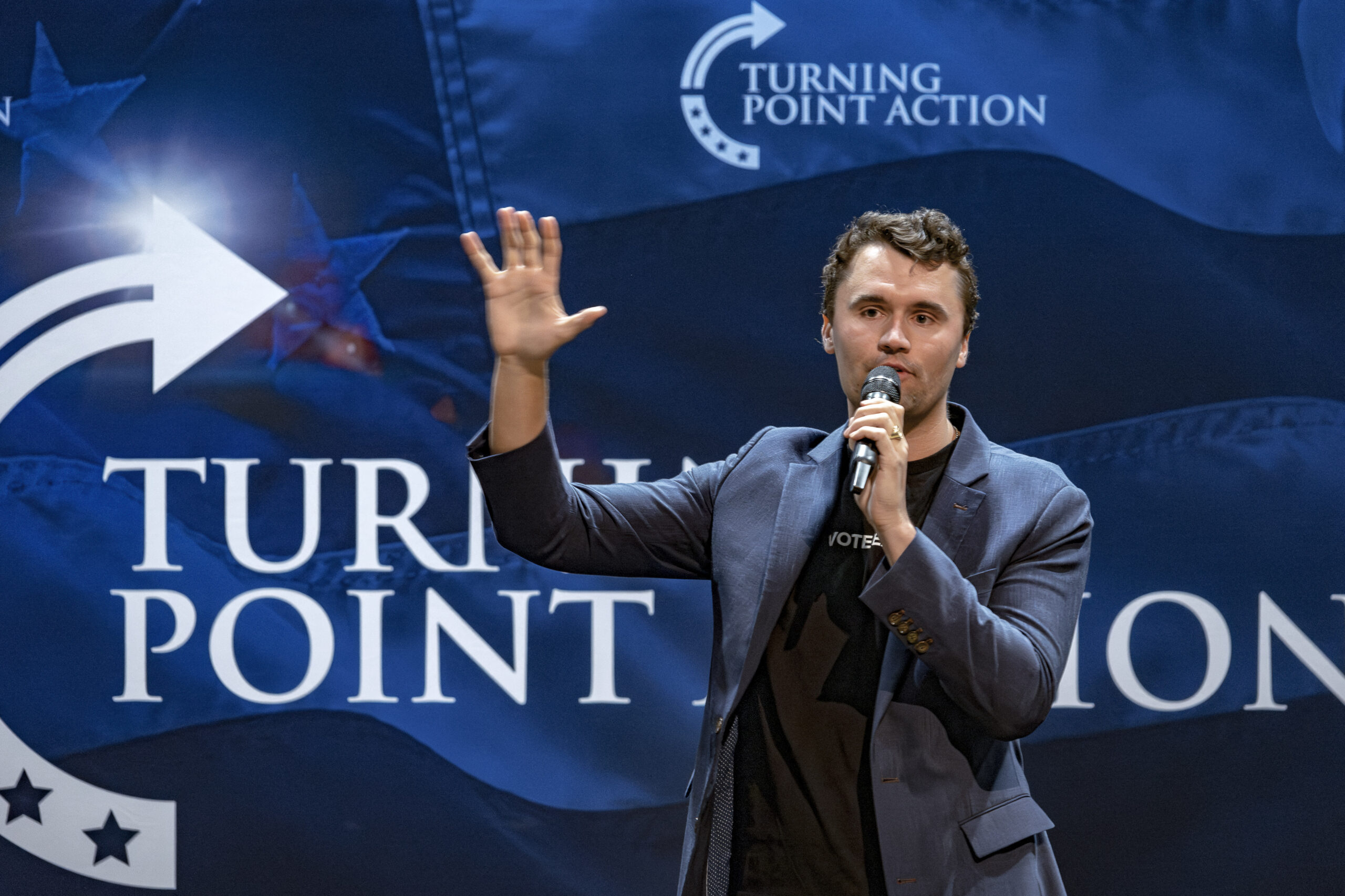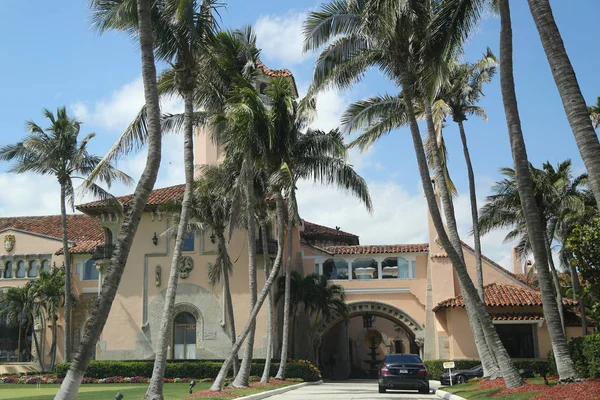Cancel Culture and the Kirk Murder
Free speech is not an argument for abolishing all social norms.

In the immediate aftermath of conservative political activist Charlie Kirk’s assassination, the overwhelming majority of mainstream Democrats who hold or aspire to elected office said the right things about nonviolence, albeit sometimes with too much throat-clearing or qualification.
There were a few exceptions, and some in the left-leaning media sounded a discordant note, though even MSNBC had limits as to what it was willing to tolerate in the victim-blaming department. But lots of random left-wingers with little preexisting notoriety took to Bluesky, TikTok, and Reddit to celebrate Kirk’s murder or ridicule his grieving widow, receiving a nontrivial number of pageviews in the process.
As these social media users have begun to face a loosely coordinated backlash, in some cases losing their jobs, establishment liberals have started finding their voices in criticizing Kirk’s opinions (as is their right) and framing this response as overreach by anti–free speech conservatives and a kind of right-wing cancel culture.
It is an emotional time, and many of the conservatives with the biggest media megaphones, social or otherwise, knew Kirk personally. Even beyond those grieving him as a fallen friend and colleague, there is a sense that any of us could be targets and that some percentage of our Facebook friends (and relatives!) would be fine with that. Kirk was important and influential, but activists and commentators at his level have not generally been thought of as likely targets of political assassination.
In this context, it will be difficult to perceive necessary nuances, which in turn makes certain excesses go from likely to inevitable. Whatever Kirk’s merits as an individual, he was a partisan political figure during a period of intense polarization. It is to be expected that his violent death would not produce the same unified public response as 9/11, assuming the post-9/11 period of national unity is still possible 24 years later. (Can you imagine Donald Trump with George W. Bush’s brief 90 percent job-approval ratings?)
At the same time, conservative opposition to cancel culture, properly understood, was never meant to be an argument against social norms in general. From Luigi Mangione to the suspected Kirk shooter, the norms against assassination appear to be eroding. The basic idea that citizens should not murder each other over differences of political opinion seems well worth reinforcing.
It may be the case that having conservative social media influencers police the most outrageous political opinions of gardeners and retail workers isn’t the best way to reinforce those norms. It is also surely true that once a basic societal guardrail needs explicit defense, we are already in a great deal of trouble. But there is a significant difference between people presently in positions of authority or influence justifying and celebrating a current political assassination—if that is in fact what they are doing, rather than merely disagreeing with the assassination victim’s views—and punishing people for long-forgotten internet activity espousing nonviolent political opinions that have only recently run afoul of woke diktats.
I saw one writer post that he had seen many people decrying apparent assassination enthusiasm on social media defend abortion, wars, and police shootings in their past posts without suffering personal or professional consequences. Setting aside whether all these examples are in every instance morally equivalent, the absence of a social consensus against all forms of killing seems like a poor reason to abandon or further erode such social consensuses where they already exist. A standard that citizens should not be killed for the nonviolent expression of opinions does not seem like too much to ask. It is in fact a basic prerequisite for a healthy and functioning free society.
That doesn’t mean there won’t be problems with this in practice. The Trump administration has been revoking visas in connection with the anti-Israel campus protests, for example, where examples of bigotry and extremism are intermingled with clear-cut constitutionally protected speech and legitimate matters of public debate. Attorney General Pam Bondi has seemingly validated the concept of hate speech as an exception to the First Amendment while discussing anti-Kirk invective.
“If Barack Obama had said you should call the employer of anyone cheering Trayvon Martin’s murder it is all conservatives would talk about for decades,” wrote the Never Trump commentator Tim Miller. The New York Times columnist Ross Douthat offered this rejoinder: “Just as a point of clarification, it would be outrageous to demand someone’s firing because they argued George Zimmerman acted in self-defense; less so if they said, ‘Trayvon Martin deserved to be murdered in cold blood and Obama should be next.’”
In the meantime, we should weep for our country as we mourn Charlie Kirk.
The post Cancel Culture and the Kirk Murder appeared first on The American Conservative.

